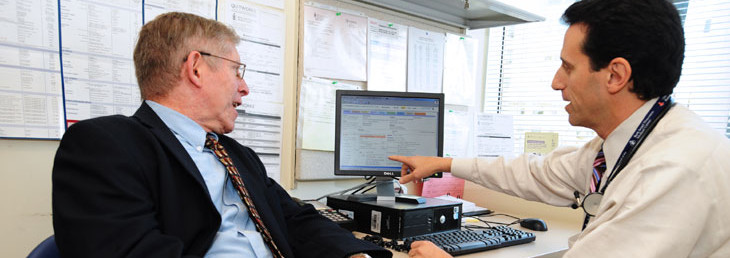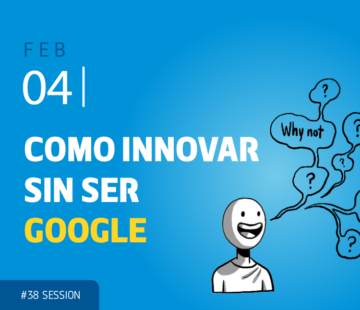The future of healthcare is participatory

As it happens in some many other fields, Healthcare is in a serious need of radical changes to overcome currently increasing challenges. If we were asked what we think will be the “next big thing” to really and radically improve healthcare, most of us will probably think first on new medical devices, breakthrough technology innovations or drug developments.
But for a still small but increasing number of experts the most promising trend in improving healthcare is the growing emphasis on incorporating into the design of new health programs and policies the voices of patients and caregivers. For these, the future of healthcare relies on the implementation of relatively new concepts as Participatory Medicine or Patient Partnerships.
At its web home, The Society for Participatory Medicine defines this idea as follows:
“Participatory Medicine is a model of cooperative health care that seeks to achieve active involvement by patients, professionals, caregivers, and others across the continuum of care on all issues related to an individual’s health. Participatory medicine is an ethical approach to care that also holds promise to improve outcomes, reduce medical errors, increase patient satisfaction and improve the cost of care…”
The same way more complex markets are demanding more relevant and diverse customer insights, healthcare is craving for more really meaningful patient insights, including the voices of not just patients but also families, caregivers, physicians, nurses, etc. The popularity of participatory medicine comes together with the possibilities that internet offers to online patient communities regarding influence, pressure and funding. But beyond new capabilities provided by communication technologies, the truly new paradigm will come from understanding the patient ability to co-create, co-work and co-develop on matters like clinical results, health facilities or treatment design.
Participatory medicine is still a minority tendency within medicine despite its potential for affecting positively to highly needed outcomes as reducing medical errors and healthcare costs.
Most leaders in the health care system are not yet integrating the valuable insights from patient communities into decision-making processes, but for participatory healthcare evangelists, we are at the brink of a profound paradigm change in medicine in which the whole concept of what a “patient” can be and do is evolving.
A culture clash is happening, as it is no longer the case of all patients thinking they could not know anything useful about their illness. Some recent cases are very illustrative about this incoming clash, as the highly viral controversy caused by the publishing of a picture of a coffee mug used by a doctor in his consulting room with a printed slogan saying “Please do not confuse your google search with my medical degree”. Or the public (therefore taxpayer-funded) campaign the Belgian government launched in 2014, in theory for supporting health professionals, consisting on commercials that said “Don’t google it. Check a reliable source.”, a campaign considered by many patients associations insulting and misinformed and counterattacked by spreading the idea of googling as a positive sign of an engaged patient and the publication in social media of hundreds of comments from patients who helped their docs to make a correct diagnosis.
There are many ways for patients to become more engaged in healthcare, so better to use another next post to describe some of them properly and point out some good practices and cases.
But in case you are really interested in the matter, check out for now the blog of Doctor Carlos Bezos Daleske, no doubt one of the best sources on Health Co-creation.
Co-creating patient experience in health, pharma and wellbeing
